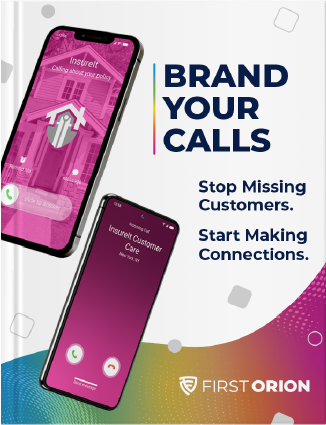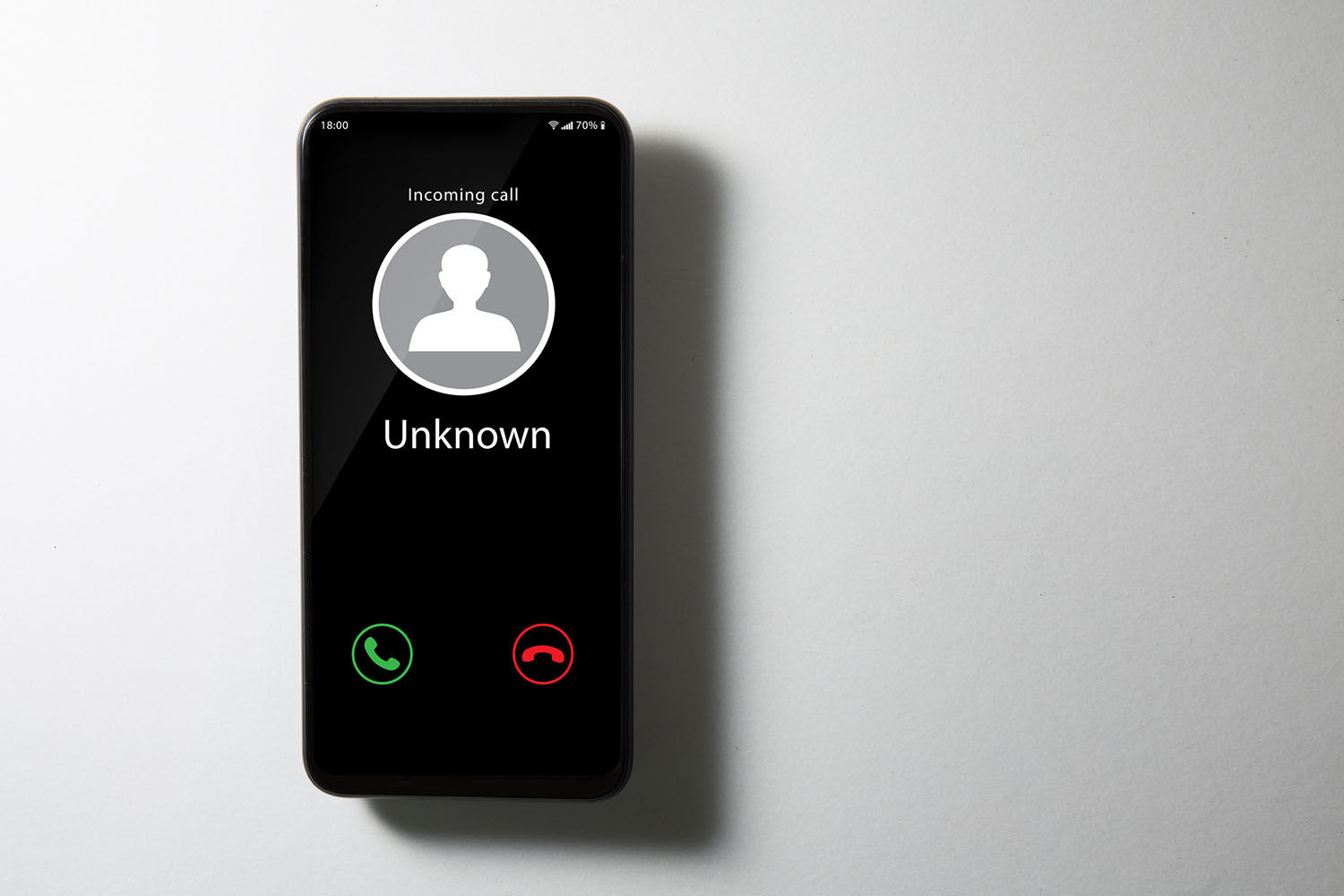Last month, the FCC took a strong stance against robocalls, fining two Texas-based telemarketers $225 million for illegally spoofing automated sales phone calls (better known as robocalls) in 2019.
One Billion Robocalls and the FCC Record Fine
So what’s the big deal? These two companies, Rising Eagle and JSquared Telecom, made about one billion robocalls to sell short-term health insurance plans falsely. The fine itself is an astonishing amount – the largest we’ve seen from the FCC. Arguably, it’s a highly symbolic gesture, as we rarely see these fines get collected, but it fits well with her robocall agenda as illustrated by other actions revealed in the announcement
Acting Chairwoman Rosenworcel announced the formation of a “Robocall Response Team” in tandem with the fine, which consists of 51 FCC staff members to coordinate anti-robocall efforts. Battling robocalls is a no-lose issue across party lines, as they’re a daily annoyance for most Americans. But her early actions on this issue are significant, according to some.
Combating Robocalls
Looking at the FCC Release and Acting Chairwoman Rosenworcel’s statement more closely, they’re putting a renewed focus on what the FCC can do to combat the robocall issue, which is the number one source of consumer complaints. Putting structure in place allows the FCC to think more broadly and act more boldly – and the first order of business is a top-to-bottom review of policies, laws, and practices to identify gaps that need to be closed. It also appears the FCC plans to double down on efforts to issue Cease and Desist letters to get providers to take responsibility for junk calls on their networks, publicly issuing 8 such letters in the last month alone. And a Cease and Desist is a pretty big deal, by the way – it essentially tells businesses to straighten out the issues, or the FCC will tell carriers to shut down their traffic altogether.
These announcements are hardly surprising, considering Acting Chairwoman Rosenwercel’s repeated comments under Chairman Pai’s leadership. She assessed the Commission had not pursued enforcement aggressively enough, had not coordinated sufficiently across the Commission, and didn’t spend enough time on a “whole of government approach” to combat robocalls. It’s clear this Commission wants to go after scammers and protect consumers.
Best Calling Practices
The good news for call originators is that it’s pretty easy to avoid these FCC fines – don’t break the law, and you shouldn’t have any problems. We’ve listed some best calling practices on our sister site, CallTransparency.com, if you want to brush up.
First Orion creates industry-leading call protection solutions for mobile carriers and enterprises.




